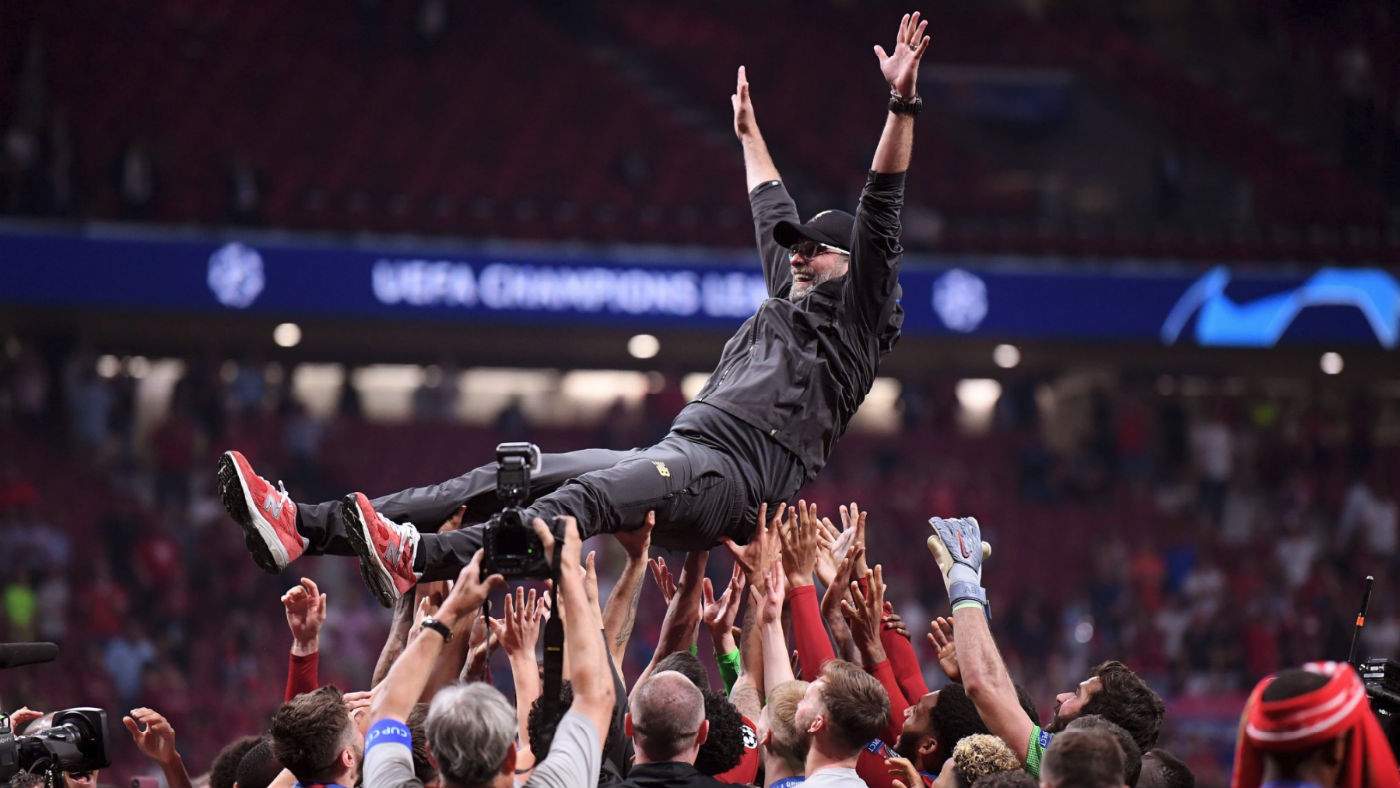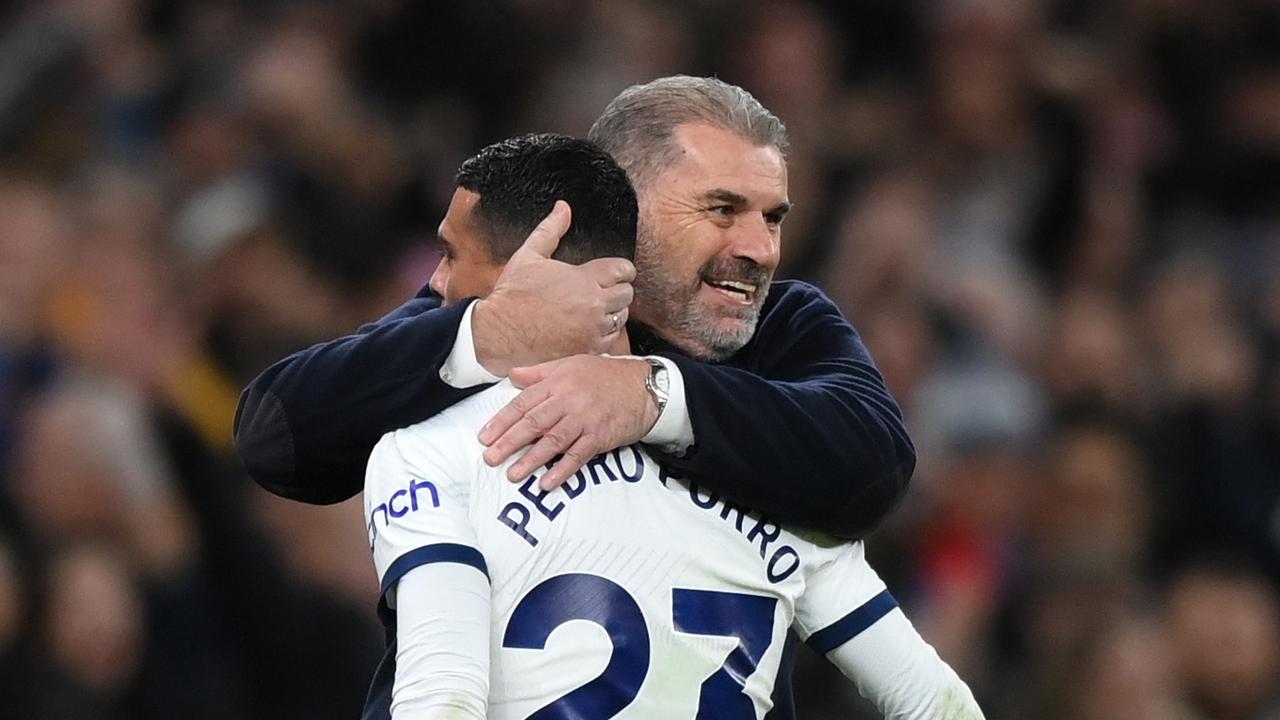

Key Takeaways:
- Last season, Australia goalkeeper Mathew Ryan logged over 100,000 miles in travel and Luka Modric appeared in more matches than any other footballer worldwide, as per Fifpro’s latest findings
- The Fifa Club World Cup, staged in June and July, saw participants, including Chelsea, unable to obtain the recommended off-season or pre-season rest
- Fifpro’s 2024-25 report reveals that several young players, such as Lamine Yamal, amassed unprecedented match minutes before turning 18
Calendar Congestion Places Player Health at Risk
A comprehensive report released by Fifpro, the international players’ union, has highlighted mounting concerns over footballers’ welfare due to congested schedules and excessive international travel. The analysis, covering the 2024-25 season, found that players like Luka Modric, now aged 40, participated in more fixtures than any other footballer, tallying 76 games across Real Madrid and the Croatian national side, including friendlies.
Goalkeeper Mathew Ryan travelled an extraordinary 169,000km (105,000 miles) throughout the season on international duty with Australia, outdistancing every other player globally in terms of travel burden.
#FIFPRO has analysed the workload, travel, rest, and recovery data of 1,500 men’s footballers for the 2024-25 season.
Here’s what we found 🧵⤵️
— FIFPRO (@FIFPRO) September 29, 2025
The report scrutinised seven key areas, focusing on overcrowded fixtures, lengthy overseas journeys, insufficient recovery periods, extreme heat, and the increasing exposure of young talents to heavy workloads. Fifpro’s secretary general, Alex Phillips, pointed to repeated injuries to Ballon d’Or winners, questioning, “How long will this keep happening until even the club owners realise it’s bad for business?”
Fixture Overload: Modric and Others Well Beyond Safe Limits
Ten footballers, including Modric and Federico Valverde, exceeded 69 appearances last season, with all breaching Fifpro’s recommended maximum of 55. Modric, who moved to AC Milan, sat at the summit with 76 games, while four Paris St-Germain players also featured in the top 10. Uruguay’s Valverde led the count of ‘back-to-back’ appearances – matches played within five days – registering 58.
Among the top 10, Bayern Munich’s Kim Min-jae endured a succession of 20 fixtures in a span of 73 days. Fifpro attributed his elevated injury risk – culminating in an Achilles injury in October and subsequent absence from May – to this relentless pace. The analysis further identified Archie Gray, of Tottenham and England Under-21, as recording the most matchday squad appearances at 80, with 63 appearances on the pitch.
Travel Demands Reaching Extreme Levels
Footballers from Australia and New Zealand faced particularly heavy travel loads. After Ryan, Marko Stamenic – who was loaned to Olympiacos from Nottingham Forest and now plays for Swansea – and Ben Waine, now with Port Vale, were amongst the next most-travelled, with Waine accumulating 157,000km (97,000 miles).
Manchester United and Cameroon goalkeeper Andre Onana recorded 33 international cross-border journeys, crossing 69 time zones, while covering 67,000km for Cameroon and a further 60,000km with his club.
Midfielder Moises Caicedo of Chelsea and Ecuador was noted for playing 360 minutes across three countries and two continents in 14 October days, with an average recovery time of just 110.8 hours, travelling more than half the equator’s length during this period.
Insufficient Recovery Between Seasons: Football Lags Behind
Fifpro’s research compared football’s off-season with other major sports leagues, revealing a stark contrast. Leading basketball (NBA), Australian Rules (AFL), and baseball (MLB) leagues allocate between 14 and 23 weeks off, while European top-level footballers typically receive only three weeks. The union recommends at least a 28-day off-season plus the same duration for pre-season. However, none of the 2024-25 Club World Cup participants, including Chelsea, Paris St-Germain, Salzburg, Esperance, and Benfica met these minimums.
Chelsea had a 20-day break and only 13 days of pre-season; Paris St-Germain managed 22 days off but just one week of build-up. Other sides like Salzburg resumed training merely eight days following their competition exit.
Young Players Facing Unprecedented Loads
The union’s data spotlights Barcelona and Spain’s Lamine Yamal, who reached 130 senior matches prior to turning 18 in July, dwarfing the tallies of peers like Andres Iniesta (40), Ansu Fati (45), Pedri (49), and Gavi (60) at the same age. Notably, the past four years have delivered increases in under-18s clocking up more than 2,000 minutes of play, with Lamine Yamal registering a record 8,158 minutes.
Fifpro’s high-performance consultant, Darren Burgess, described the trend as “alarming” and warned of heightened injury risk for players still developing physically.
Growing Calls for Reform but Change Remains Slow
While the workload crisis continues, players and managers express increasing concern. Forest striker Chris Wood highlighted that consecutive seasons of 60 matches pose severe risks, with his club’s coach, Ange Postecoglou, adding that modern schedules leave athletes without necessary recovery time. Speaking to journalists before a Sunderland fixture, Postecoglou remarked, “It’s not just the volume of games – players just don’t get a break any more… you need to give the players a minimum of a month off every year and I don’t think they are getting that.”
Though Fifpro has campaigned for calendar reform, changes have yet to materialise. Director Alexander Bielefeld noted a shift in perceptions, saying, “When we started with this five years ago there was a lot of pushback and people saying it was a non-issue. If we look at the media landscape and discourse now I don’t think anyone disputes this is an issue. On that scale we’ve moved.”
There are ongoing legal cases and a broader recognition, yet entry barriers for meaningful player safeguards remain. Postecoglou additionally voiced concern over diminishing fan excitement as fixture proliferation increases, stating, “I just don’t think there’s a same sense of excitement if we keep creating tournaments or games.”




